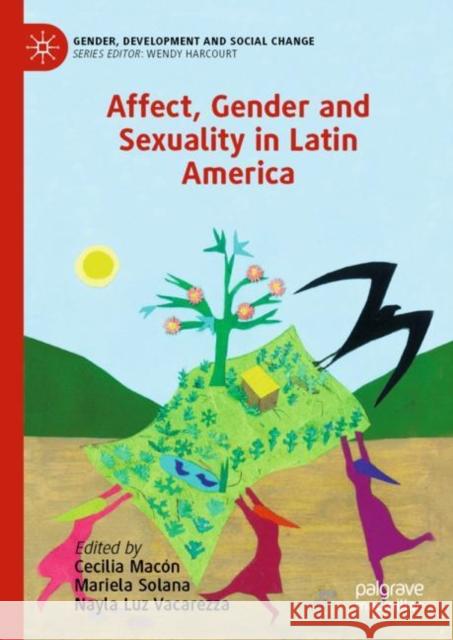Affect, Gender and Sexuality in Latin America » książka
topmenu
Affect, Gender and Sexuality in Latin America
ISBN-13: 9783030593681 / Angielski / Twarda / 2021 / 326 str.
Affect, Gender and Sexuality in Latin America
ISBN-13: 9783030593681 / Angielski / Twarda / 2021 / 326 str.
cena 563,56
(netto: 536,72 VAT: 5%)
Najniższa cena z 30 dni: 501,19
(netto: 536,72 VAT: 5%)
Najniższa cena z 30 dni: 501,19
Termin realizacji zamówienia:
ok. 16-18 dni roboczych.
ok. 16-18 dni roboczych.
Darmowa dostawa!
Kategorie BISAC:
Wydawca:
Palgrave MacMillan
Język:
Angielski
ISBN-13:
9783030593681
Rok wydania:
2021
Wydanie:
2021
Ilość stron:
326
Waga:
0.56 kg
Wymiary:
21.01 x 14.81 x 2.06
Oprawa:
Twarda
Wolumenów:
01
Dodatkowe informacje:
Wydanie ilustrowane











